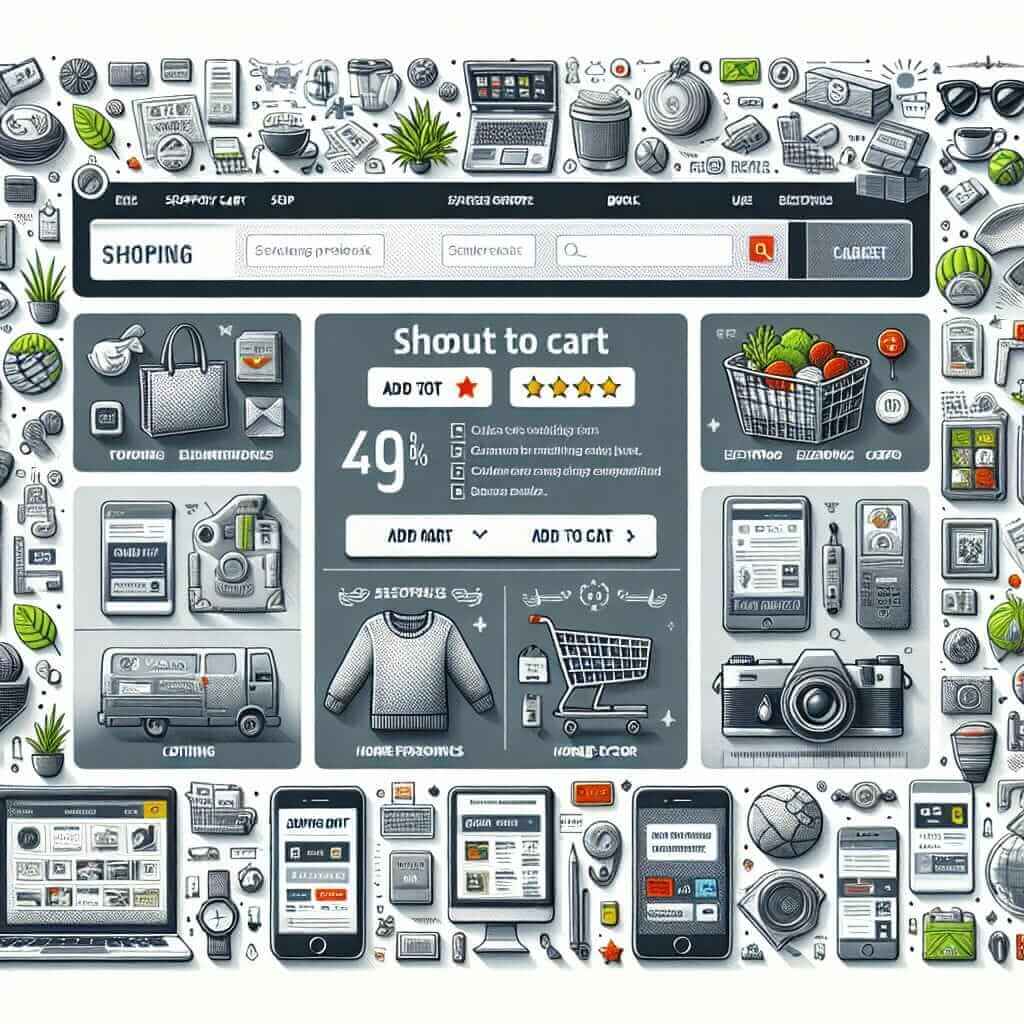The Reading section of the IELTS exam can be quite challenging due to its extensive requirements for comprehension, speed, and accuracy. One prevalent topic that often appears in the IELTS Reading section is the impact of technology on various aspects of society, including “How is technology reshaping consumer expectations?”. This topic has been recurrent in past IELTS exams due to its relevance in our rapidly advancing world, hence it is highly likely to reappear in future exams. This article will help you understand this topic in depth and provide a sample Reading passage along with questions to facilitate your practice.
Main Content
IELTS Reading Sample Passage: How is Technology Reshaping Consumer Expectations?
Text Type: Medium
The Passage
Technology has fundamentally altered the way consumers interact with businesses and their expectations from these interactions. The advent of the internet, social media, and mobile applications has created an environment where consumers demand instant access to information, fast service, and personalized experiences. According to a report by McKinsey, over 75% of consumers expect a consistent experience wherever they engage, be it on social media, mobile applications, or websites. This has led businesses to adopt omnichannel strategies to ensure they meet these expectations.
Moreover, the rise of e-commerce and online shopping platforms such as Amazon and Alibaba has elevated consumer expectations regarding product availability, delivery speed, and customer service. Consumers now have access to vast amounts of product information and user reviews, which allows them to make informed decisions quickly. This shift has put pressure on traditional brick-and-mortar stores to enhance their customer experiences and integrate more technology into their operations.

Furthermore, personalization has become a critical factor in meeting consumer expectations. Businesses are leveraging big data analytics to offer personalized recommendations, tailored advertisements, and customized customer service. Technology has enabled companies to track consumer behavior patterns and preferences, leading to highly targeted marketing campaigns and improved customer satisfaction.
Additionally, mobile technology has empowered consumers to make purchases on the go, compare prices, and access customer support at their convenience. Mobile payments and digital wallets have streamlined the purchasing process, making it more efficient and user-friendly.
Sample Questions
Based on the above passage, answer the following questions:
Multiple Choice
-
What proportion of consumers expect a consistent experience across social media, mobile apps, and websites according to the McKinsey report?
a) 60%
b) 75%
c) 85%
d) 90% -
Which of the following platforms significantly elevated consumer expectations in e-commerce?
a) eBay and Facebook
b) Google and Microsoft
c) Amazon and Alibaba
d) Walmart and Target
Identifying Information (True/False/Not Given)
- The rise of e-commerce has decreased consumer expectations for delivery speed.
- Businesses are using big data to provide more personalized customer experiences.
Summary Completion
Complete the summary using the list of words below.
Technology has transformed consumer expectations by enabling quick access to information and fast service. Companies now use to offer personalized recommendations, and technology has allowed consumers to make purchases and compare prices on the go.
- e-commerce
- mobile
- retail
- social media
- big data
Answer Key
- b) 75%
- c) Amazon and Alibaba
- False – The rise of e-commerce has elevated consumer expectations for delivery speed.
- True
Summary Completion:
- big data
- mobile
Common Mistakes and Tips
- Misunderstanding Keywords: Many students often misinterpret keywords like “consistent experience” or “personalization”. Ensure you understand the context in which they are used.
- Skipping the Summaries: Summary completion questions require you to understand the passage holistically. Skipping these can lead to lower scores.
- Time Management: Allocate your time wisely. Spend no more than 20 minutes on one passage to ensure you complete all sections.
Vocabulary
- Omnichannel (noun): [ˌɒmnɪˈtʃæn(ə)l] – A multi-channel approach to sales that seeks to provide customers with a seamless shopping experience, whether they’re shopping online or in a physical store.
- E-commerce (noun): [ˌiːˈkɒmɜːs] – Commercial transactions conducted electronically on the internet.
- Personalization (noun): [ˌpɜːsnəlaɪˈzeɪʃ(ə)n] – The action of designing or producing something to meet someone’s individual requirements.
- Big Data (noun): [bɪɡ ˈdeɪtə] – Extremely large data sets that may be analyzed computationally to reveal patterns, trends, and associations, especially relating to human behavior and interactions.
Grammar Pointers
- Passive Voice Usage: “Technology has been fundamentally altered” – Passive voice emphasizes the action rather than the subject performing the action.
- Complex Sentences: Use complex sentences to connect ideas smoothly, such as, “Moreover, the rise of e-commerce and online shopping platforms such as Amazon and Alibaba has elevated consumer expectations regarding product availability, delivery speed, and customer service.”
Advice for High IELTS Reading Scores
To score high in the IELTS Reading section:
- Practice Regularly: Regularly practicing with passages on current topics like technology and consumer behavior can help build comprehension skills.
- Enhance Vocabulary: Building a robust vocabulary can aid in the quick understanding of passages.
- Time Management: Practice under timed conditions to improve speed and accuracy.
- Review Errors: Understand and review your errors to avoid repeating them in the future.
- Use Authentic Materials: Rely on reputable IELTS preparation materials and past exams for the most accurate practice.
Remember, consistency and a clear study plan are key to excelling in the IELTS Reading section.